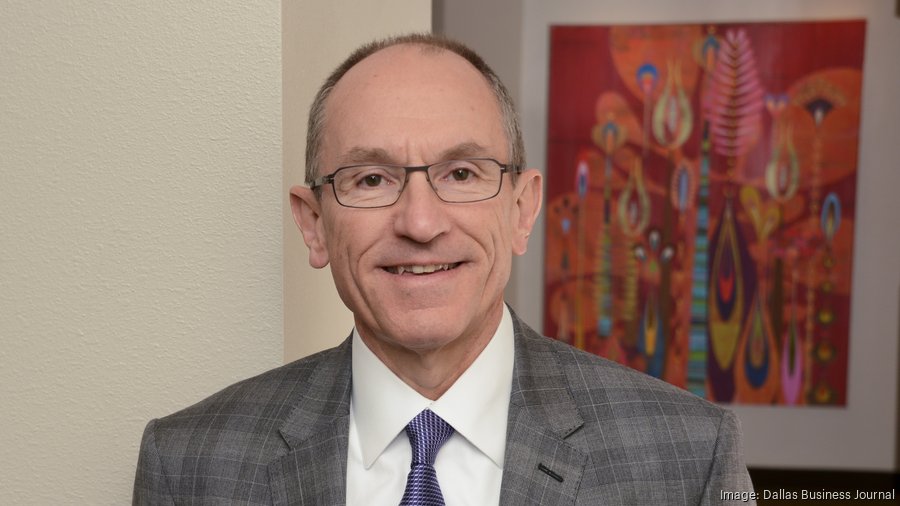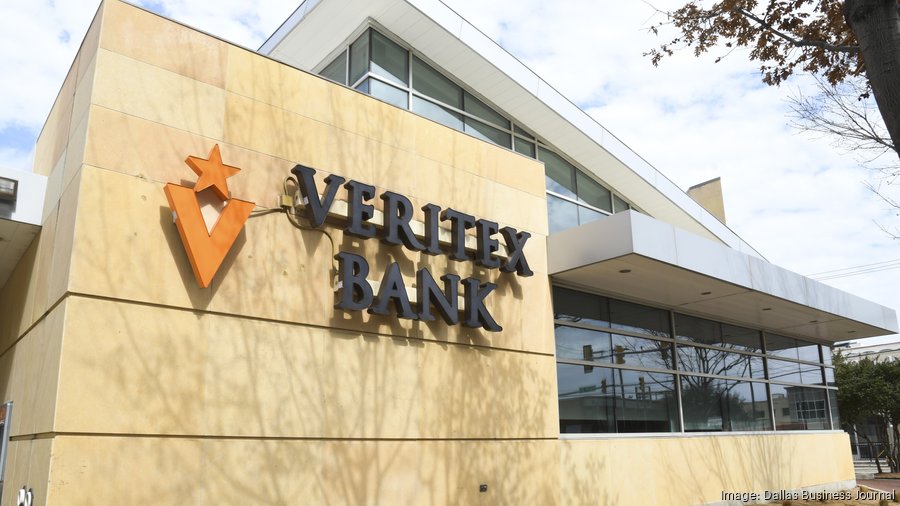In North Texas, a post-pandemic rebound in bank mergers could be stifled by the latest executive order.
After the COVID-19 pandemic hit pause on deal activity in mid-2020, consolidation in banking took a break. But in 2021, banks around the country have announced $47 billion worth of deals so far, already surpassing the $45 billion for all of last year, according to Bloomberg.
Several North Texas banks are ready to be acquisitive, especially after low rates have dampened traditional money-making methods, Payment Protection Program loans padded balance sheets as non-recurring income, technology advanced at turbospeed in the pandemic and succession planning became ever more important as executive teams get older.
“Coming out of this pandemic, a lot of the companies like us are trying to figure out, ‘Hey, what's our next best strategic move?’” said Independent Financial CEO David Brooks. “Interest rates are low, and it makes it harder for banks to make money in the way that they have traditionally. More and more banks are going ‘I think we'd be better off with a partner here going forward.’”

But now banks might face a new barrier to inorganic growth plans.
On Friday, President Joe Biden signed an executive order that charges top federal banking regulators to judge potential banking mergers with more scrutiny as part of a comprehensive effort to increase economic competition.
The United States Department of Justice, the Federal Reserve, the Federal Deposit Insurance Corporation and the Office of the Comptroller of the Currency have ultimate oversight in bank mergers and acquisitions, though most deals get a rubber stamp. From Jan. 1, 2006 through Dec. 31, 2017, the Federal Reserve received more than 3,800 merger applications and didn’t reject any of them, according to a 2019 memorandum issued by the United States House of Representatives House Financial Services Committee.
In the past 40 years, bank consolidation has dragged the number of banks down by 70 percent. From 2008 to the end of 2019 alone the number of commercial banks dropped nearly 40 percent to 4,492.
Before the order, North Texas banks were on the hunt for deals, but it's unclear if the order will stymie that momentum.
In Dallas-Fort Worth, major banks like Independent Financial and First Foundation Inc. have been looking to buy Texas financial institutions to grow assets, expand across markets, enhance earnings and bulk services.
Brooks said in June that McKinney-based Independent could acquire at least one other bank before the end of 2022, aiming to increase assets by 25 to 60 percent. He said no acquisitions are currently pending, but between organic growth and a merger or two, he thinks Independent could be a $25 to $30 billion company by the end of next year, up from its current $18.5 billion in assets.
First Foundation Inc., which moved its headquarters to Dallas this spring, has also been on the hunt for a Texas-based bank to acquire to deepen its presence in the state, add talent and gain Texas trust powers. CEO Scott Kavanaugh said in June the bank would target an institution with between $500 million and $1 billion in assets.
Both First Foundation and Independent have been active in the M&A space recently. In January 2019, Independent acquired Denver-based Guaranty Bancorp. A Texas deal would be First Foundation’s second in 2021, after its acquisition of Florida-based TGR Financial Inc. in an all-stock transaction valued at about $295 million.
“I was hoping to get an M&A deal done in Texas before something like (the Florida acquisition) came up,” Kavanaugh said in June. “But you can't always pick and choose where things become available."
Last year, Independent was slated to combine with Texas Capital Bank in a massive all-stock merger valued at $5.5 billion that fell through due to the COVID-19 pandemic. After that, Brooks said his bank hit the gas on organic growth. Recently, he said the bank is looking to find the right fit — a target in one of the major Texas cities with $2 to $10 billion in assets. He said he’s in ongoing conversations with about 10 companies.
Veritex Community Bank Chairman, President and CEO Malcolm Holland said low interest rates curb income and there are only two ways to make it up — increase the volume of loans or decrease expenses. He added banks will continue to work to be as efficient as possible while scaling up.
“At the end of the day, it's all about how efficient you can be, how much money you can make, and at what size,” Holland said before the order was signed. “There absolutely will be more consolidation. There'll be more in Texas, there'll be more across the country because our business has to become more and more efficient. Scale drives efficiency, so I see us continuing to consolidate.”

Holland said Veritex has been active in the acquisition landscape since its founding just over a decade ago — in which time it has bought seven other banks and grown to be a $9.5 billion company.
Other North Texas bank leaders have said although they aren’t actively searching for deals, they would be open to opportunities.
Texas Brand Bank President and CEO Bill Lowe said before the order that the M&A in the industry will continue indefinitely and as it does, his bank will remain open-minded to potential deals as they arise, but isn’t currently searching.
President and CEO of Vista Bank John Steinmetz said in a June interview that bank consolidation would likely be positive for the local economy, putting more capital in the area as banks enter North Texas and allowing more small business owners and entrepreneurs to start companies.
Though Vista doesn’t have plans to sell, it could look to acquire a company at some point, Steinmetz said. He added the bank would be open to partnering with another institution if it was the right fit and maximized shareholder value. Steinmetz also said Dallas would be a prime market for that activity.
“I think we'll see the greatest consolidation over the next 10 to 15 years in Texas history...as rising regulatory costs, lower interest rates and scale become more and more important in the world of competing with fintechs and big four banks, 'too big to fail' banks,” Steinmetz said.

Some banks don’t look at M&A as a growth strategy and won't be as impacted by the order. Legacy banks, or family-owned banks, can be outliers in the environment.
Security National Bank of Texas opened shop in downtown Dallas last summer. Led by Texas Market President James Landen, Jr., who’s also the grandson of the bank’s founder and one of many family members who work at the company, the Nebraska-headquartered bank is nearly 60 years old and has only made one material acquisition in its history. Landen added the bank won’t break from its organic growth strategy.
Larry Miller, CEO of North Dallas Bank & Trust Co., said his bank — though not family-owned — also directs all of its energy on organic growth, despite the rising level of consolidation.
“M&A firms reach out to us all the time because we're a strong, well-recognized, well-respected bank,” Miller said. “But it's just never been part of our formula. We try to focus on organic growth through our team and staying away from the M&A environment.”
Texas Security Bank Founder, Chairman and CEO Craig Scheef said that if a deal made sense to maximize shareholder wealth at some point, he would consider a merger. Many factors that affect the M&A rates in banking — rapidly changing technology, succession planning, the low interest rate environment — will continue to amp up consolidation, he said before the order.
“The other dynamic that affects North Texas is that it's one of the most, if not the most, attractive banking markets in the country,” Scheef said. “So you have a lot of big banks come into the market. They can either branch into the market, or they can look at buying an established platform.”
Last month, Pittsburgh-based PNC Financial Group doubled down on its dedication to growing in Texas by completing the acquisition of Houston-based BBVA USA before the change in regulations. The colossal deal valued at $11.6 billion skyrocketed PNC's Dallas-Fort Worth presence. Since it entered North Texas a few years ago, PNC leadership has consistently said Texas was important to its growth plan. Its choice of a Houston-based company was intentional.
Though it’s currently unclear what specific measures decision-making agencies might take to review bank mergers more stringently, any federal guidelines will take time to come to fruition.





